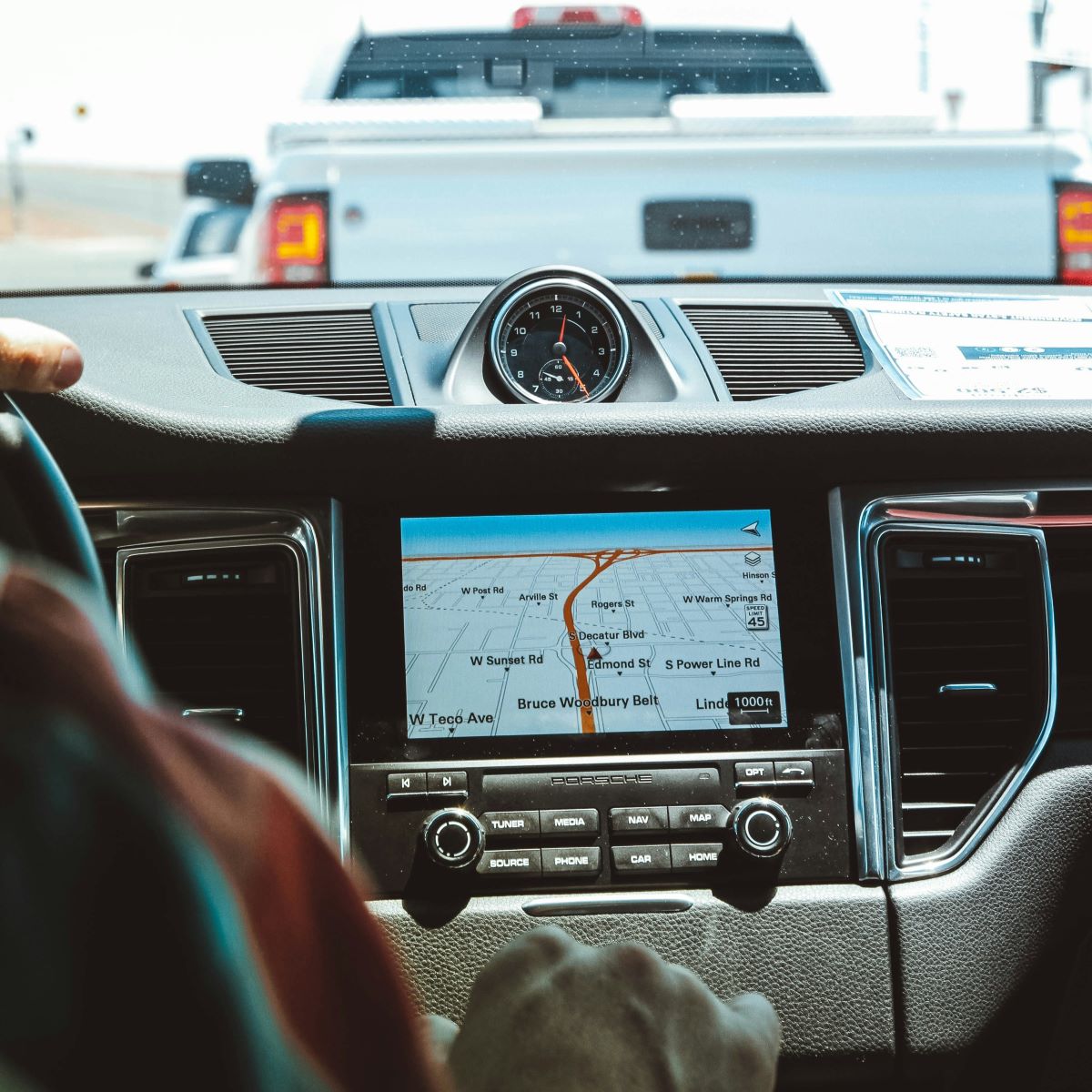Caltrans Rolls Out Road Charge Pilot Program
Caltrans Rolls Out Road Charge Pilot Program

The California Department of Transportation (Caltrans), manages more than 50,000 miles of California's highway and freeway lanes, provides intercity rail services, permits more than 400 public-use airports and special-use hospital heliports, and works with local transit agencies. The agency, which opened a regional office at Hacienda in June 2014, recently announced a new research study to test if a per-mile fee, called a road charge, would be a fair and sustainable way to replace the gas tax. A road charge is a per-mile fee that could be used to fund the maintenance of state roads. If adopted, drivers would pay a fee based on how much they drive, rather than a tax based on how much gas they buy.
“Currently, taxes on gasoline and diesel provide most of the money to build and maintain California roads and highways,” according to Caltrans officials. “But hybrid and electric vehicles use very little gas, or no gas at all, and pay much less in fuel taxes. California is predicting a large funding drop in the future as more drivers switch to vehicles that use less gas. California passed Senate Bill 339 in 2021 to test the payment of a road charge and report the research study results back to the Legislature.” The six-month Road Charge Collection Pilot will take place from August 2024 to January 2025. The pilot will test how such a system’s payment process might work. The eligible volunteers who participate may earn up to $400 in incentives for helping test the new system and providing their feedback. Motorists selected for the pilot program applied in June and will be notified this month if they have been accepted.
California has been studying road charge as a potential long-term solution for a decade, according to officials, who note that many other states are either exploring road charge programs or have already started such programs. The new pilot program will specifically test revenue collection by charging volunteer participants a flat per-mile fee or a customized fee based on the miles-per-gallon fuel economy of their vehicles. This is the first pilot program that will require actual payment of the road charges. Officials say there is no policy mandate or outcome attached to the research results, which will be reported to the Legislature.
Caltrans sought a wide range of participants and vehicle types to reflect the state’s diversity and demographics. Selected drivers of either gas or electric non-commercial passenger vehicles will be asked to drive as they would normally and pay their monthly charge online. Participants will also provide feedback by completing surveys at the start and end of the pilot. Participants will receive a credit for the gas taxes or a proportional refund of the electric vehicle registration fee incurred during the pilot. Participants who complete all required activities may earn up to $400 in additional incentives.
“The selected drivers will have several mileage reporting options to choose from, including manual odometer entry, an on-board plug-in device with or without GPS, or in-vehicle telematics without GPS,” according to officials. “There are security protocols in place to protect personal identifying information using the highest data protection standards. The GPS data will be anonymized, and any personal information collected during the pilot will be destroyed shortly after the pilot concludes.”
For more information about the California Department of Transportation, please visit www.dot.ca.gov.
For more information about the Road Charge Collection Pilot Program, please visit www.caroadcharge.com/projects/road-charge-collection-pilot.
Photo by John Schnobrich on Unsplash




